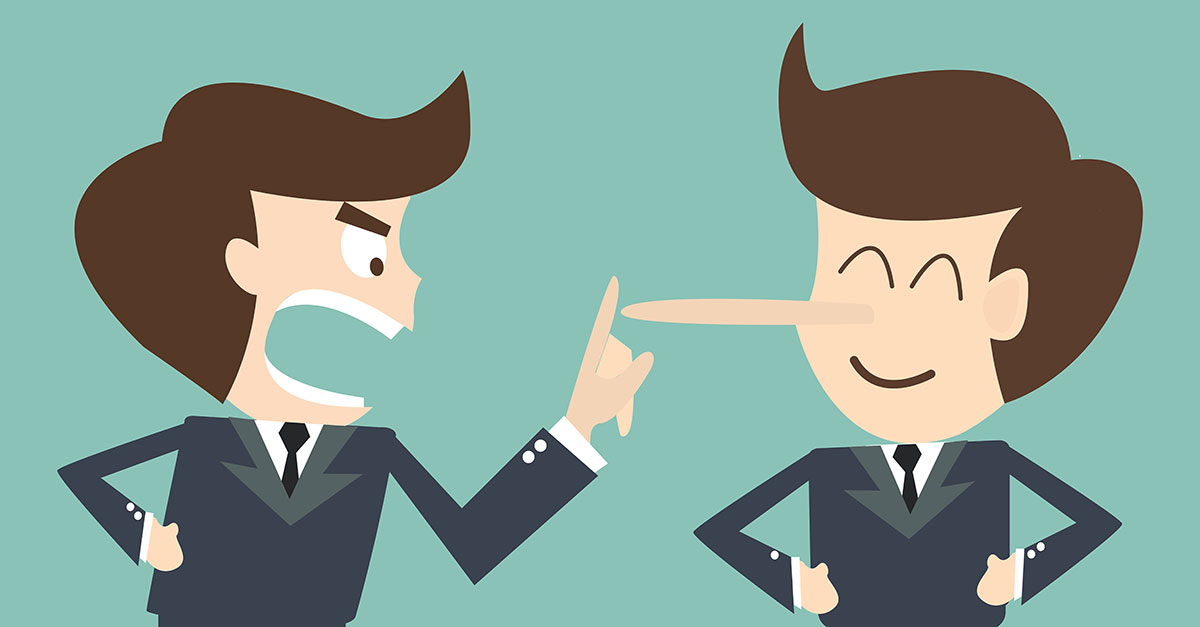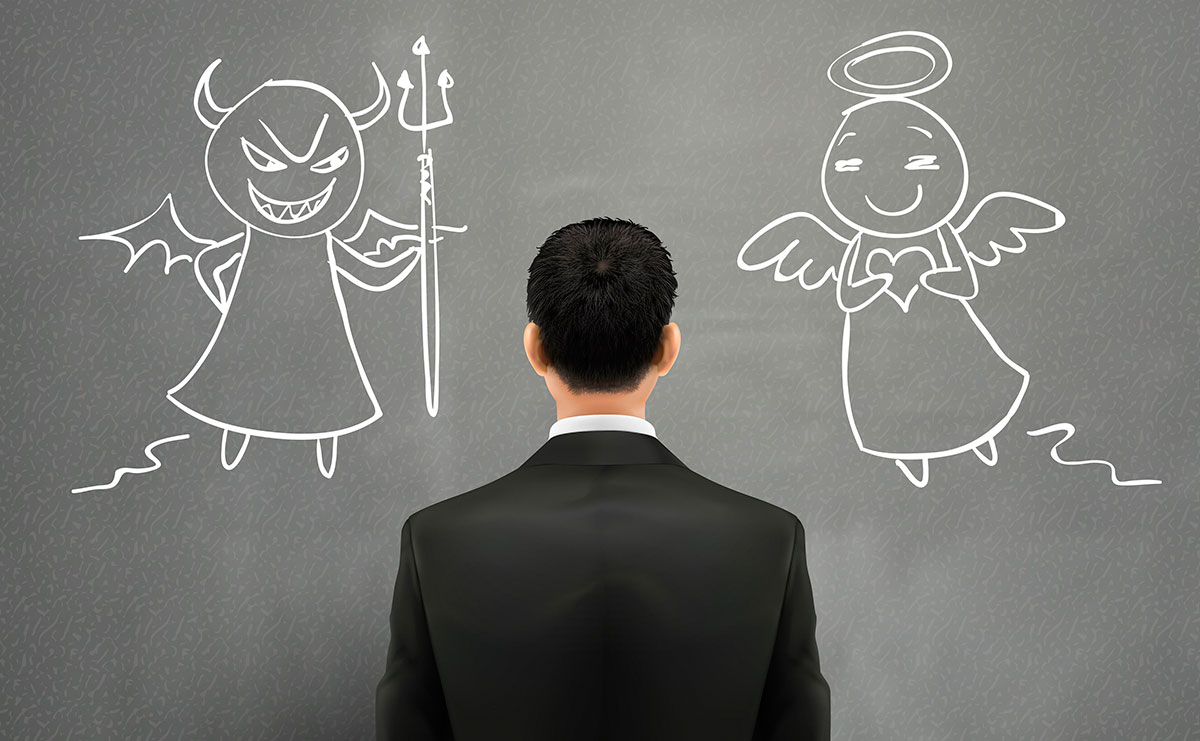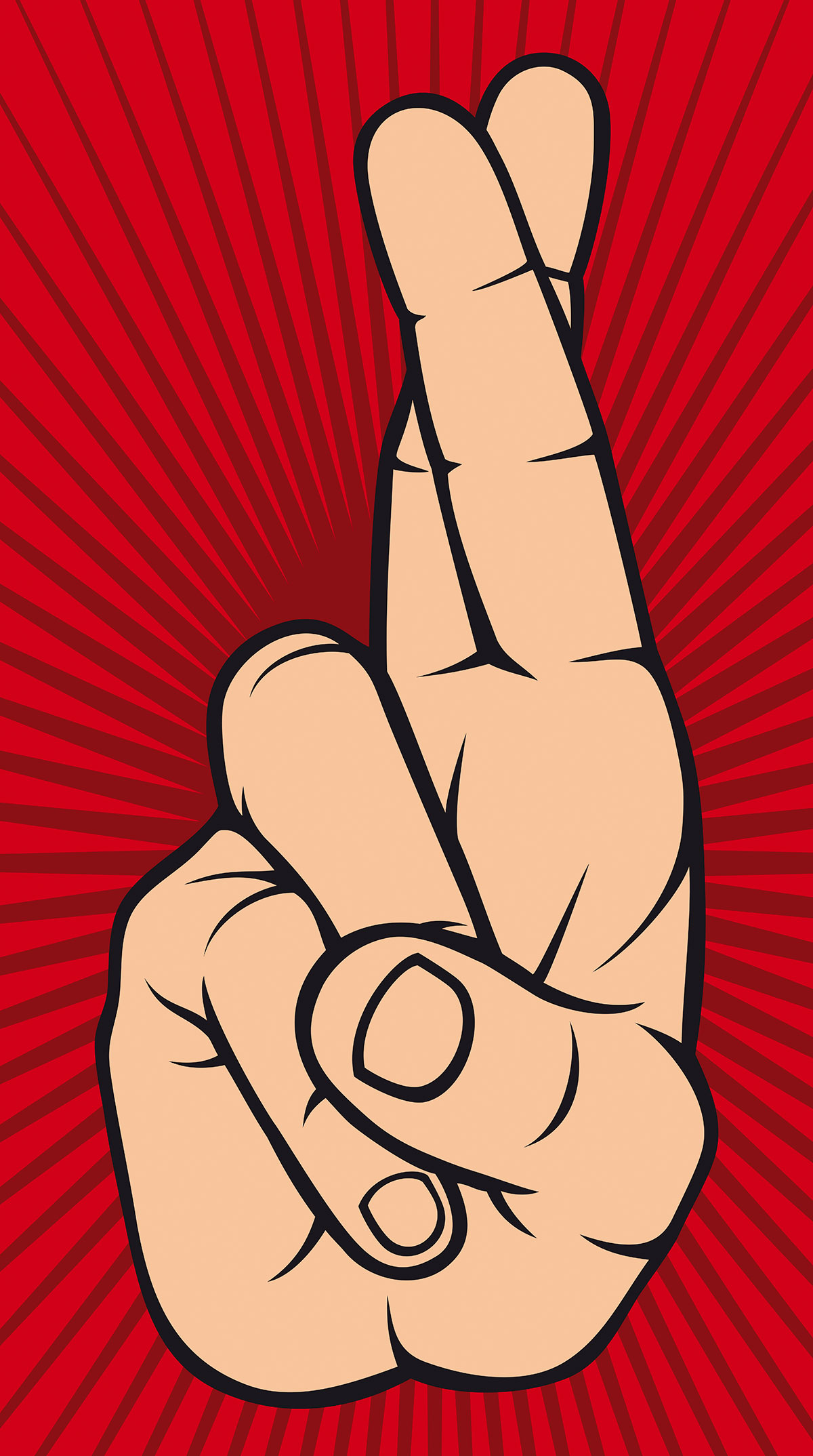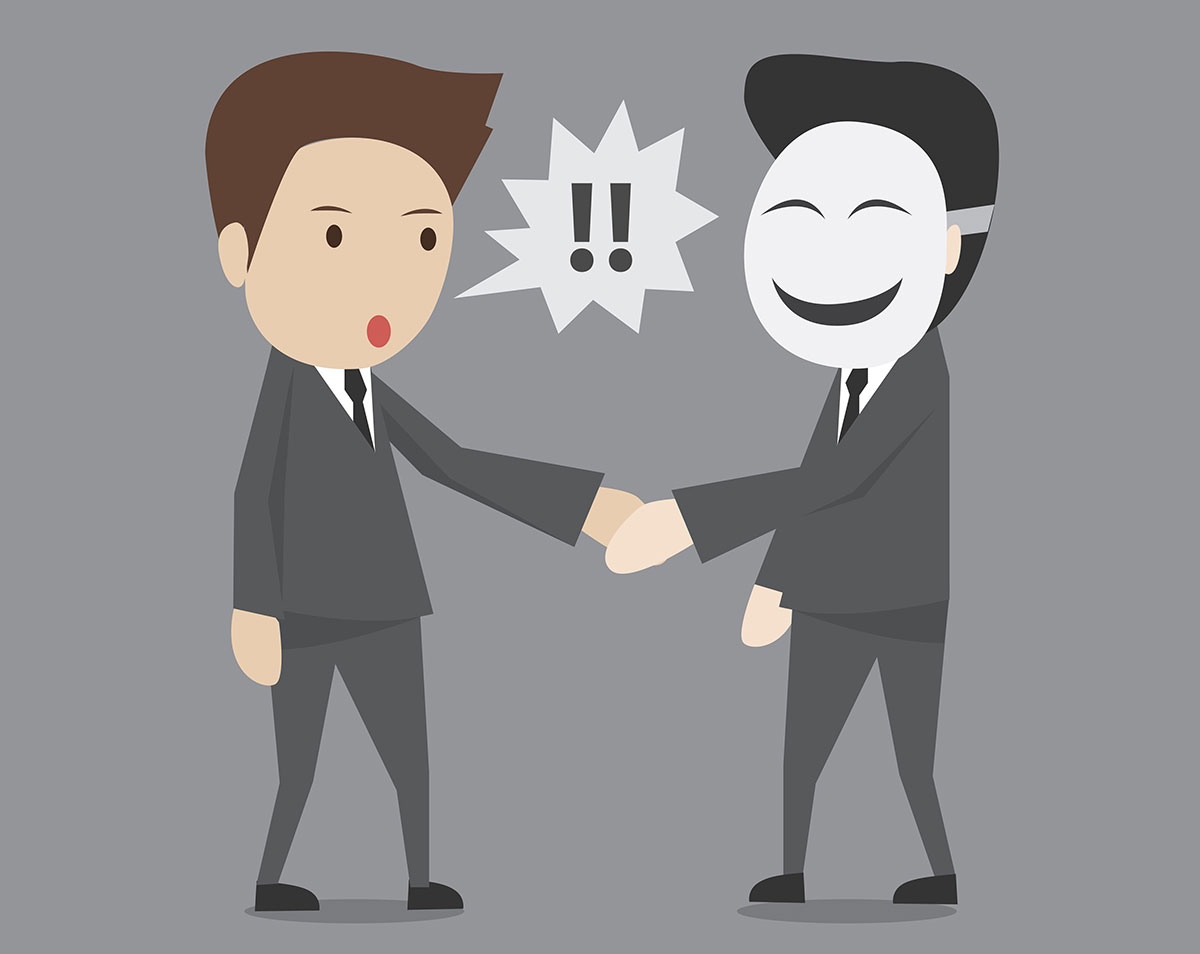 You’re not going to believe this story. I lied. You are. The occurrence I shall shortly describe, I am certain, has happened to you as well. Let’s start with describing the ambiance — so as to get you into the mood.
You’re not going to believe this story. I lied. You are. The occurrence I shall shortly describe, I am certain, has happened to you as well. Let’s start with describing the ambiance — so as to get you into the mood.
It’s a sunny Sunday. I’m dressed in crisp white slacks and a lime-green fitted top, enjoying Sangria Sunday at Vizcaya. My phone alert goes off. It’s a text. My lips quickly part with the fruity beverage because curiosity has set it. By noon on a Sunday, most people already have plans, who might be disturbing my peace? In the couple of years since the breakup [yes, it’s an old flame texting] I’ve received 3 of these texts, this being the fourth. In the past, I answered only once before, and realized I was being foolish and quickly disengaged. There is a reason things don’t work out between couples the first time around, going back for seconds has never made much sense to me. Can you imagine Napoleon returning to Waterloo for round deux! Good heavens.
 But on this occasion, I was restless, I was curious. I responded. We set up a date for later that day to see each other, and a torrid week followed. Are you judging me right now? Oh come on, we’re adults and I’m sure you have experienced this at least once in this lifetime. An old flame, a brief rekindling, it usually burns itself out before you can exclaim: Fuego!
But on this occasion, I was restless, I was curious. I responded. We set up a date for later that day to see each other, and a torrid week followed. Are you judging me right now? Oh come on, we’re adults and I’m sure you have experienced this at least once in this lifetime. An old flame, a brief rekindling, it usually burns itself out before you can exclaim: Fuego!
Most of that week was spent harping about how unhappy and depressed he was. The relationship he immediately entered, a bit too close for comfort from ours — was now over. Let’s protect the guilty and give him a faux name. We’ll call him Ricardo, as in Richard — or perhaps Dick is more fitting. Dick complained in an exacerbated fashion about his misery with his last girlfriend, and his desire to rekindle our past romance. It was over with his “ignorant, wretched, possessive ex-girlfriend” he wailed (please note: not my words, his). When someone comes to you speaking poorly of another, do you also feel that represents the messenger more than the subject? I knew something wasn’t adding up but didn’t truly care enough to investigate.
I was content with catching up, and at ease with the sensation of laissez-faire. Allowing the chips to fall where they may and not permitting anyone to cramp my wanderlust endeavors with their disequilibrium. He was more about intensity and anxiety, the antithesis of Paltrow’s conscious uncoupling propaganda. Everything was short-lived.
“According to recent studies, 60% of adults lie at least 1 to 3 times within a 10-minute conversation and that you can expect to be lied to by others between 10 to 200 times each day.”
By the following Sunday, I was getting a phone call from the distraught girlfriend wanting details and forwarding messages, and of course all sorts of drama. He had lied. She quipped with added glee that he had said horrible things about me. I didn’t repeat all the awful things he had said about her. I gathered she was in enough pain, and I’ve been her in the past. The positive side to this devious enrapture is that it was the catalyst to researching deception and the complicated, oft devastating, webs it weaves.
 So here’s the inquiry: Can you say that you are 100% honest? Can anyone claim that? If you could give a percentage in regards to how honest you are, not just with others, but with yourself, what would it be? According to a study conducted by the University Of Massachusetts, 60% of adults lie at least 1 to 3 times within a 10-minute conversation. Studies also show that you will be lied to between 10 to 200 times in one day. It’s important to add that the level of education or amount of self-reflection conducted by the subjects participating in these studies is not clear. There you go, there is your disclaimer, so as to not ruffle your feathers too much.
So here’s the inquiry: Can you say that you are 100% honest? Can anyone claim that? If you could give a percentage in regards to how honest you are, not just with others, but with yourself, what would it be? According to a study conducted by the University Of Massachusetts, 60% of adults lie at least 1 to 3 times within a 10-minute conversation. Studies also show that you will be lied to between 10 to 200 times in one day. It’s important to add that the level of education or amount of self-reflection conducted by the subjects participating in these studies is not clear. There you go, there is your disclaimer, so as to not ruffle your feathers too much.
Pamela Meyer, Author & Certified Fraud Examiner states that lying is a cooperative act. “A lie has no power by its mere utterance,” she says. “Instead, its power emerges when someone else agrees to believe the lie.” I’ve been placed in the position where someone is clearly lying in my presence, and my initial reaction is to not throw him or her under the bus in front of others, so I sort of stand there with an uncomfortable blank weirdo stare on my face. But why do we feel the need to lie? Why can’t we just be forthcoming? Express what we feel, want, need and truly desire? “Lying is an attempt to fill that gap of what we desire and wish we were, with what we really are,” Meyer adds.
Dan Ariely, who authored The Honest Truth About Dishonesty offers the evidence that we are able to believe we are honest even if we lie or cheat by doing so only in small increments and in little ways. “We’re able to tell ourselves we are for the most part honest, only being dishonest in ways that we think don’t matter,” he says. And he’s right.
 There are a few primary reasons we lie: 1.) To avoid painful consequences or embarrassment; 2.) For our own interest — to get what we want; 3.) For social proof and self-preservation, we lie so that people will continue to love or like us; 4.) To avoid expending energy or time doing something we really don’t want to do; 5.) To protect feelings — we tell people what they want to hear to keep them happy; 6.) The final reason we lie is out of fear. We lie for fear of rocking the boat and stepping outside of our comfort zone and expanding our horizons. We lie and stay in situations, denying our destiny at times, because fear paralyzes us. The fear of self-reflection: to look inwardly and see ourselves for who and what we are. In the most authentic way we can, with warts and all.
There are a few primary reasons we lie: 1.) To avoid painful consequences or embarrassment; 2.) For our own interest — to get what we want; 3.) For social proof and self-preservation, we lie so that people will continue to love or like us; 4.) To avoid expending energy or time doing something we really don’t want to do; 5.) To protect feelings — we tell people what they want to hear to keep them happy; 6.) The final reason we lie is out of fear. We lie for fear of rocking the boat and stepping outside of our comfort zone and expanding our horizons. We lie and stay in situations, denying our destiny at times, because fear paralyzes us. The fear of self-reflection: to look inwardly and see ourselves for who and what we are. In the most authentic way we can, with warts and all.
The last form of deception, self-deception, launches all the others into the stratosphere. It takes more than a normal amount of courage to stand vulnerable, naked, even awkward, and acknowledge that the temporary discomfort that comes with change will be worth the long-term advantages of being transparent with ourselves — and with others.
If each day we attempt to reflect on how we could have made the passing of the day better; of how we could have been more forthcoming with others…if every day we set aside time to question ourselves and observe if we are living our full potential, increasingly more conscious of our needs and desires; if we could strive to be the most authentic version of ourselves possible — then we, my friends, with this knowledge, can avoid being a Dick.











